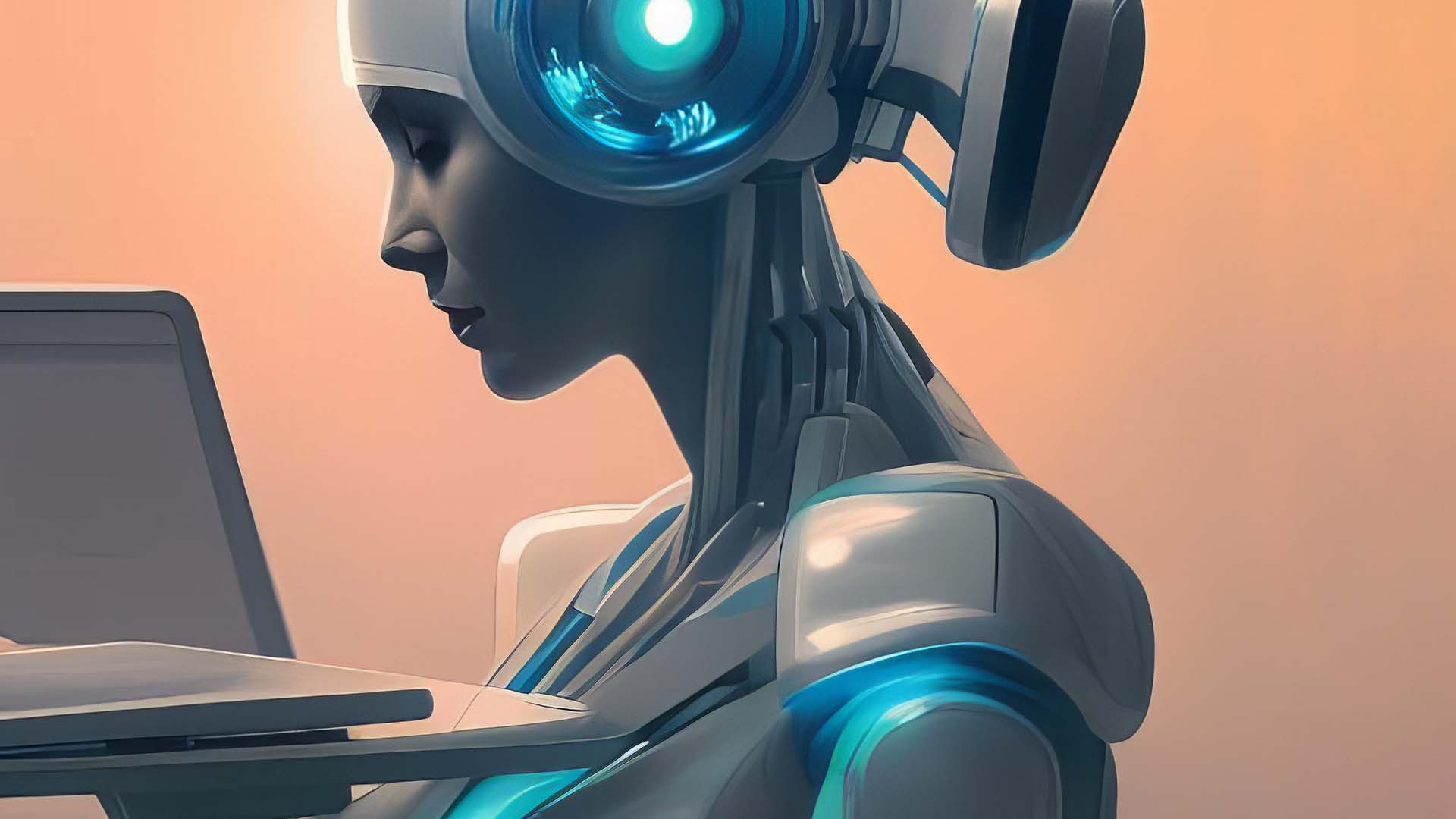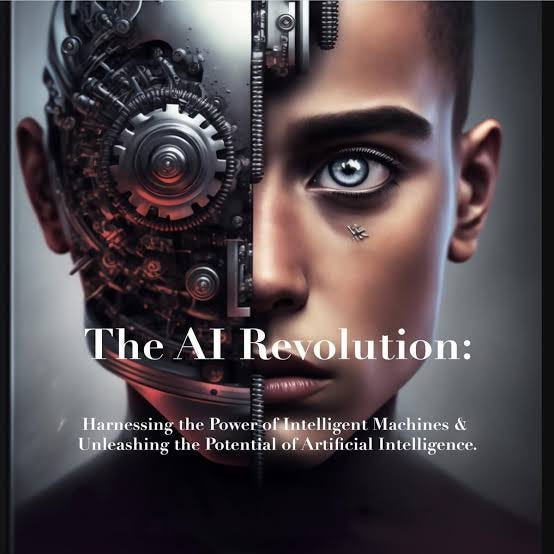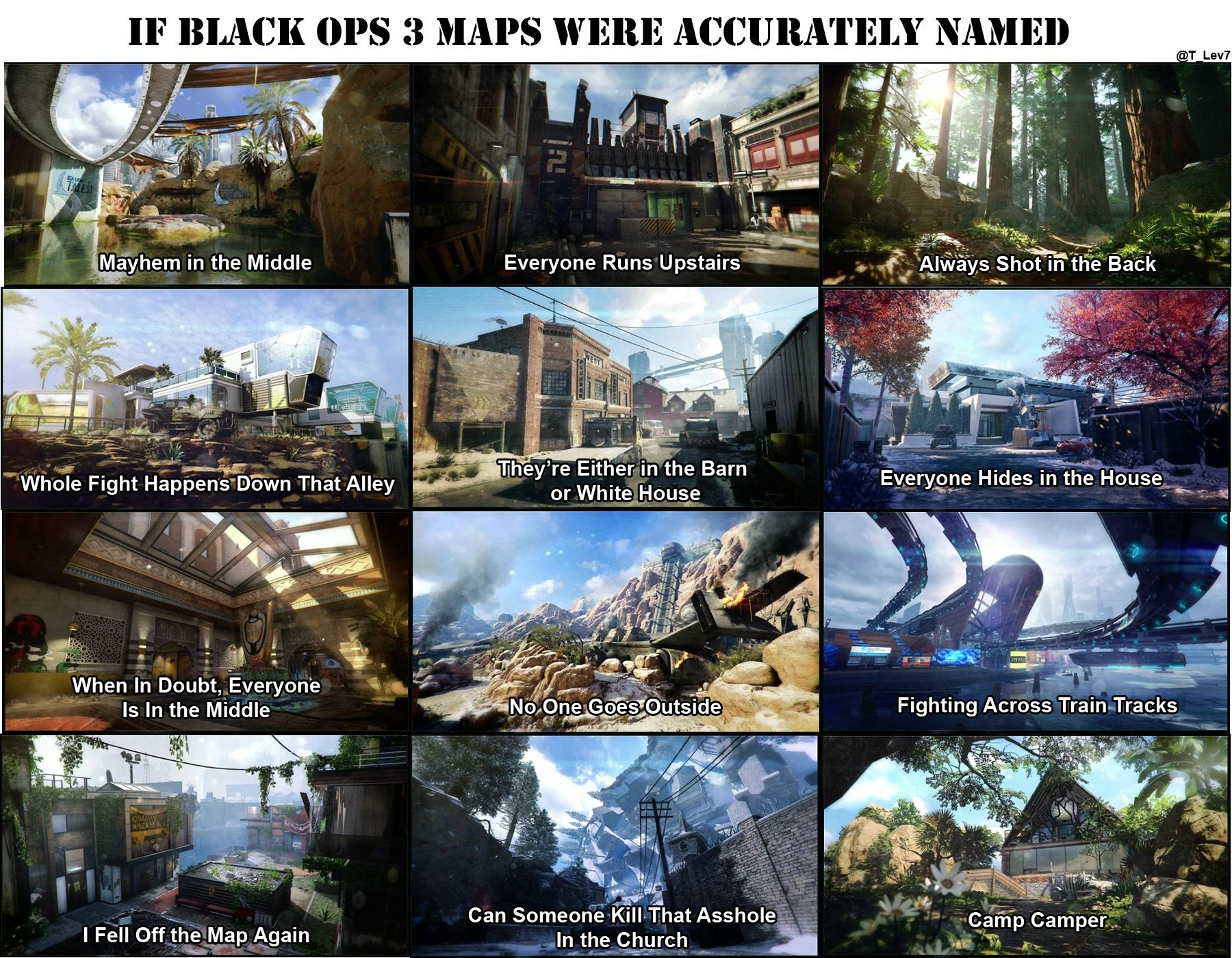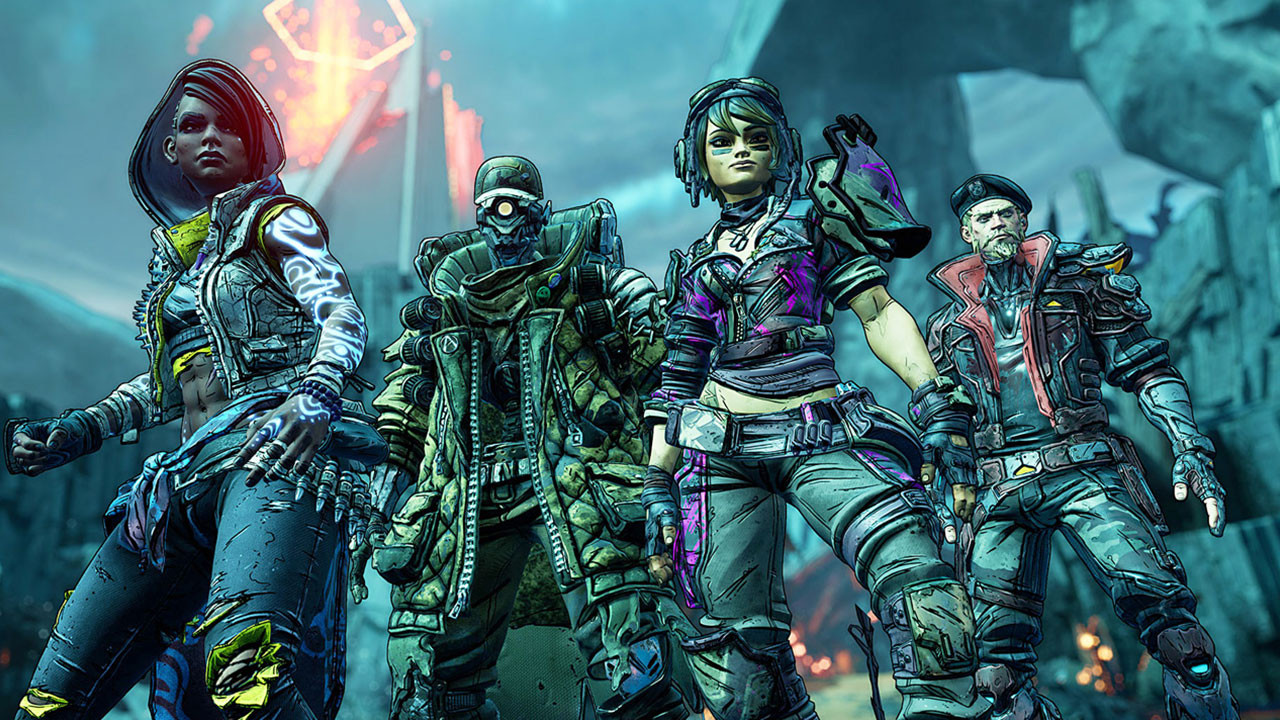The Dawn of a New Era: The Rise of Artificial Intelligence
Artificial intelligence (AI) has rapidly evolved from a science fiction concept to a transformative force shaping our world. Its ability to learn, adapt, and perform tasks once thought exclusive to humans has opened up unprecedented possibilities across diverse fields. From revolutionizing healthcare to automating complex financial processes, AI is leaving an indelible mark on our lives.
The Power of AI: Transforming Industries
The impact of AI is being felt across industries, ushering in a new wave of efficiency, innovation, and personalized experiences. Here's how AI is redefining the landscape:
Healthcare: Revolutionizing Diagnosis and Treatment
AI is revolutionizing healthcare by enabling faster and more accurate diagnoses, personalized treatment plans, and drug discovery. Machine learning algorithms can analyze vast amounts of medical data to identify patterns and predict patient outcomes, leading to early detection and intervention.
For example, AI-powered tools can analyze medical images like X-rays and CT scans, helping radiologists identify abnormalities with greater accuracy and speed. This can lead to earlier detection of diseases like cancer, improving patient outcomes.
Finance: Automating Processes and Enhancing Security
AI is transforming the financial sector by automating tasks, detecting fraud, and providing personalized financial advice. Machine learning algorithms can analyze financial data to identify patterns and anomalies, preventing fraudulent transactions and improving risk assessment.
AI-powered chatbots are being used by financial institutions to provide customer support, answer questions, and complete transactions, enhancing customer experience and freeing up human agents for more complex tasks.
Retail: Personalizing Shopping Experiences
AI is enhancing retail experiences by providing personalized product recommendations, optimizing pricing strategies, and streamlining operations. Machine learning algorithms analyze customer data to understand preferences and buying habits, allowing retailers to tailor their offerings to individual needs.
For example, AI-powered recommendation engines can suggest products based on past purchases, browsing history, and other factors, leading to increased customer satisfaction and sales.
Manufacturing: Optimizing Efficiency and Reducing Costs
AI is automating tasks in manufacturing, improving efficiency, and reducing costs. Machine learning algorithms can analyze data from sensors and other sources to optimize production processes, predict equipment failures, and streamline supply chain management.
For example, AI-powered robots can perform repetitive or dangerous tasks, freeing up human workers for more skilled jobs and increasing productivity.
The Ethical Considerations of AI
While AI offers immense potential, it also raises ethical concerns that need careful consideration. These include:
Job Displacement: The Impact on the Workforce
One of the most significant concerns is the potential for job displacement as AI automates tasks previously performed by humans. While AI can create new jobs in fields related to its development and deployment, it's important to address the potential impact on workers in industries that are susceptible to automation.
Bias and Discrimination: The Need for Fairness
AI algorithms are trained on data, and if that data contains biases, the algorithms can perpetuate those biases. This can lead to discrimination in areas like hiring, lending, and criminal justice, highlighting the importance of ensuring fairness and ethical data usage.
Privacy and Security: Protecting Personal Data
AI systems often collect and analyze large amounts of personal data, raising concerns about privacy and security. It's crucial to establish clear guidelines and regulations for data collection, usage, and protection to prevent misuse and ensure responsible AI development.
The Future of AI: A World of Possibilities
The future of AI is filled with exciting possibilities, as researchers continue to develop new algorithms and applications. Here are some key trends to watch:
Advancements in Natural Language Processing: Communicating with Machines
Natural language processing (NLP) is an area of AI focused on enabling computers to understand and generate human language. Advancements in NLP are leading to the development of more sophisticated chatbots, virtual assistants, and language translation tools, making human-machine communication more seamless.
The Rise of Generative AI: Creating New Content
Generative AI refers to AI systems that can create new content, such as images, videos, music, and text. This technology has the potential to revolutionize creative industries, allowing artists and designers to generate content with ease and efficiency.
The Integration of AI with Other Technologies: The Future of Innovation
AI is increasingly being integrated with other technologies, such as the Internet of Things (IoT), blockchain, and robotics, creating new opportunities for innovation. This convergence of technologies is leading to the development of smart cities, self-driving cars, and other transformative advancements.
Embracing the AI Revolution: Shaping the Future Together
The AI revolution is here, and it's transforming our world at an unprecedented pace. By understanding the potential benefits and challenges of this technology, we can work together to ensure its responsible development and deployment, shaping a future where AI empowers humanity to achieve its full potential.
The future of AI is in our hands. Let's embrace this transformative force and work together to create a brighter future for all.


















